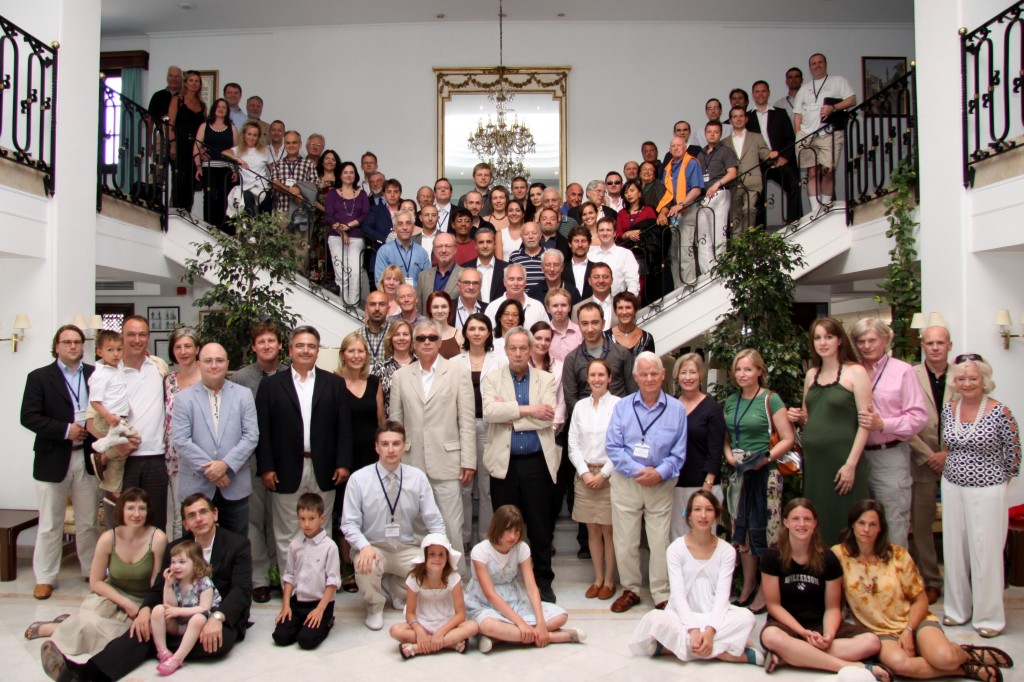How to Mirror a Censored WordPress Blog
Anti-Statism, Police Statism, TechnologyA couple of days ago David mentioned that the Mises Institute providing its entire online media and literature library as a set of free torrents can be seen as part of a distributed or grassroots intellectual guerrilla resistance against the state.
This is just one aspect of the Mises Institute’s effort to be completely open source. All of the intellectual eggs of the Austro-Libertarian movement are no longer being kept in one basket. The more people who seed those torrents, the easier the burden on the Mises Institute. But more importantly, should statist or natural disaster strike, the world won’t lose the vast wealth of information hosted by the Mises Institute. Indeed, not only will the information not be lost, but there will be no downtime in its worldwide online distribution. Should states decide to actively move against us, they’ll be in for one hell of a game of ‘whack-a-mole’. They’ll face the same problems the RIAA, Hollywood, and others are facing in their War on Piracy Copying.
Austro-Libertarianism has gone viral, folks.
All this is to set the context for another example of open source anti-state resistance that I recently discovered.
WordPress is an open source website and blogging platform. It’s an easy to use, yet powerful, tool for getting our ideas online where people around the world can access them. It’s free, as in speech and beer. This site is powered by it. My site is powered by it. The Mises Institute’s site is powered by it.
But some countries like China and Australia censor the internet, blocking access to unapproved sites like YouTube and Twitter, filtering or blocking or shutting down or otherwise regulating websites and blogs.
There are ways to get around this censorship, however. Here’s one: The good folks at Global Voices Advocacy, an organization defending free speech online, have heroically created a guide to mirroring a censored WordPress blog. It’s covered by a Creative Commons Attribution 3.0 license, just like The Libertarian Standard. Get it. Share it. Even if you don’t need it yet, someday you might. Others already do. In the spirit of the Mises Institute’s torrented online library, we’re hosting the guide here as well.
Update: Via The Register, Google has put together an online interactive Transparency Report detailing how governments around the world are censoring the internet and Google services. Google also provides a Government Requests map detailing government “requests” that Google provide data on its users.
~*~
Cross-posted at Is-Ought GAP.
How to Mirror a Censored WordPress Blog Read Post »


